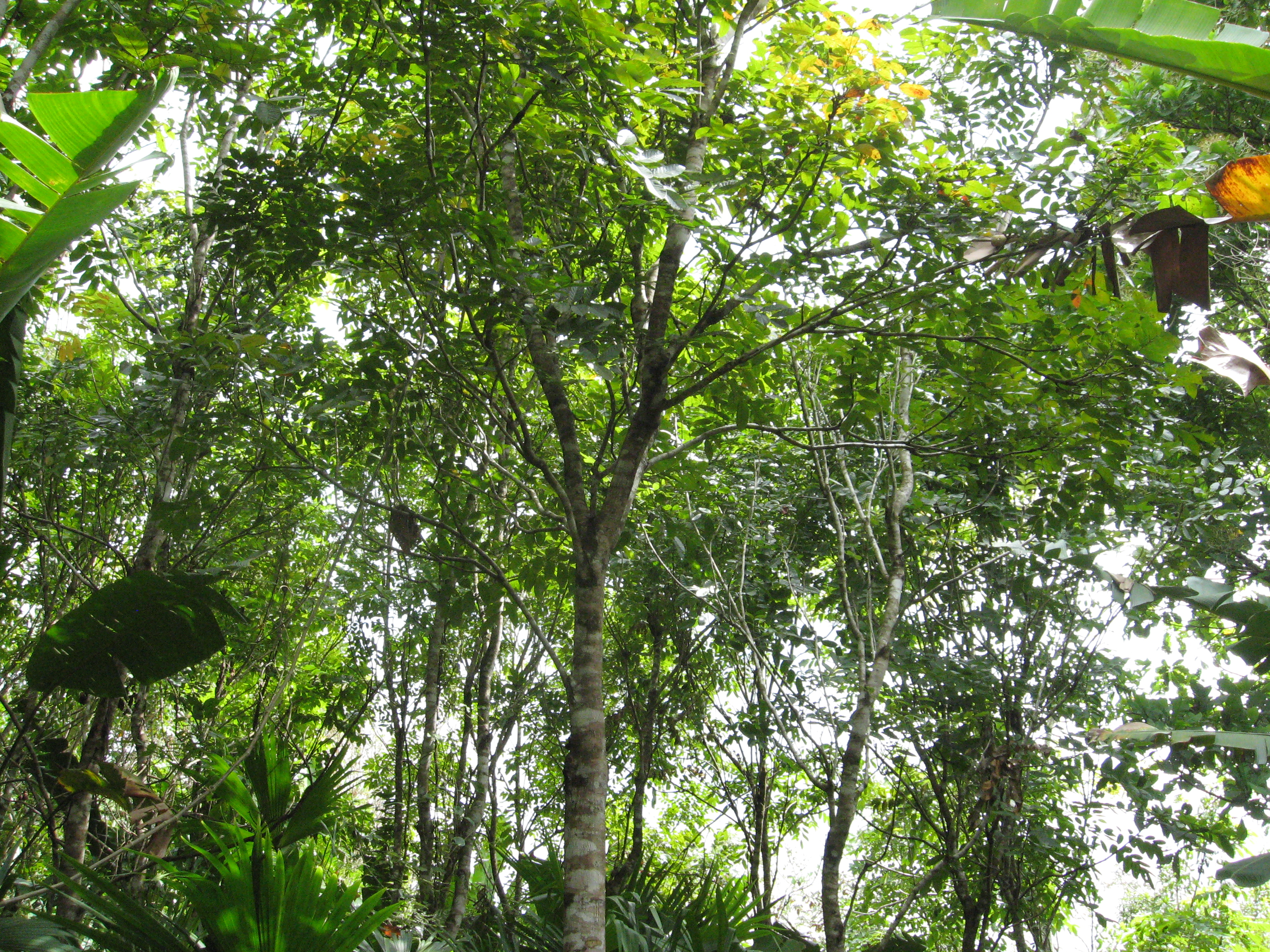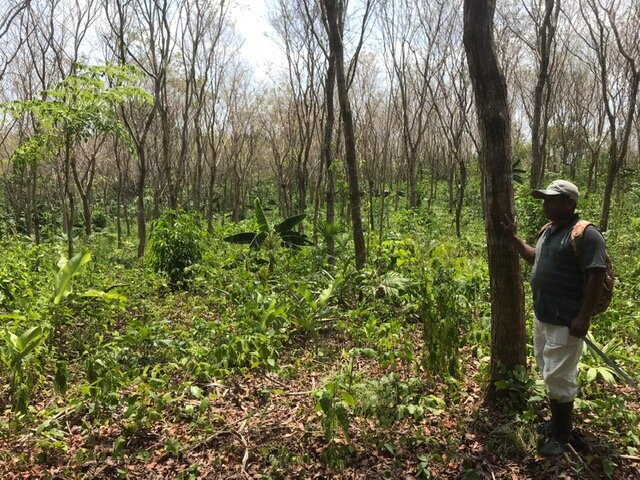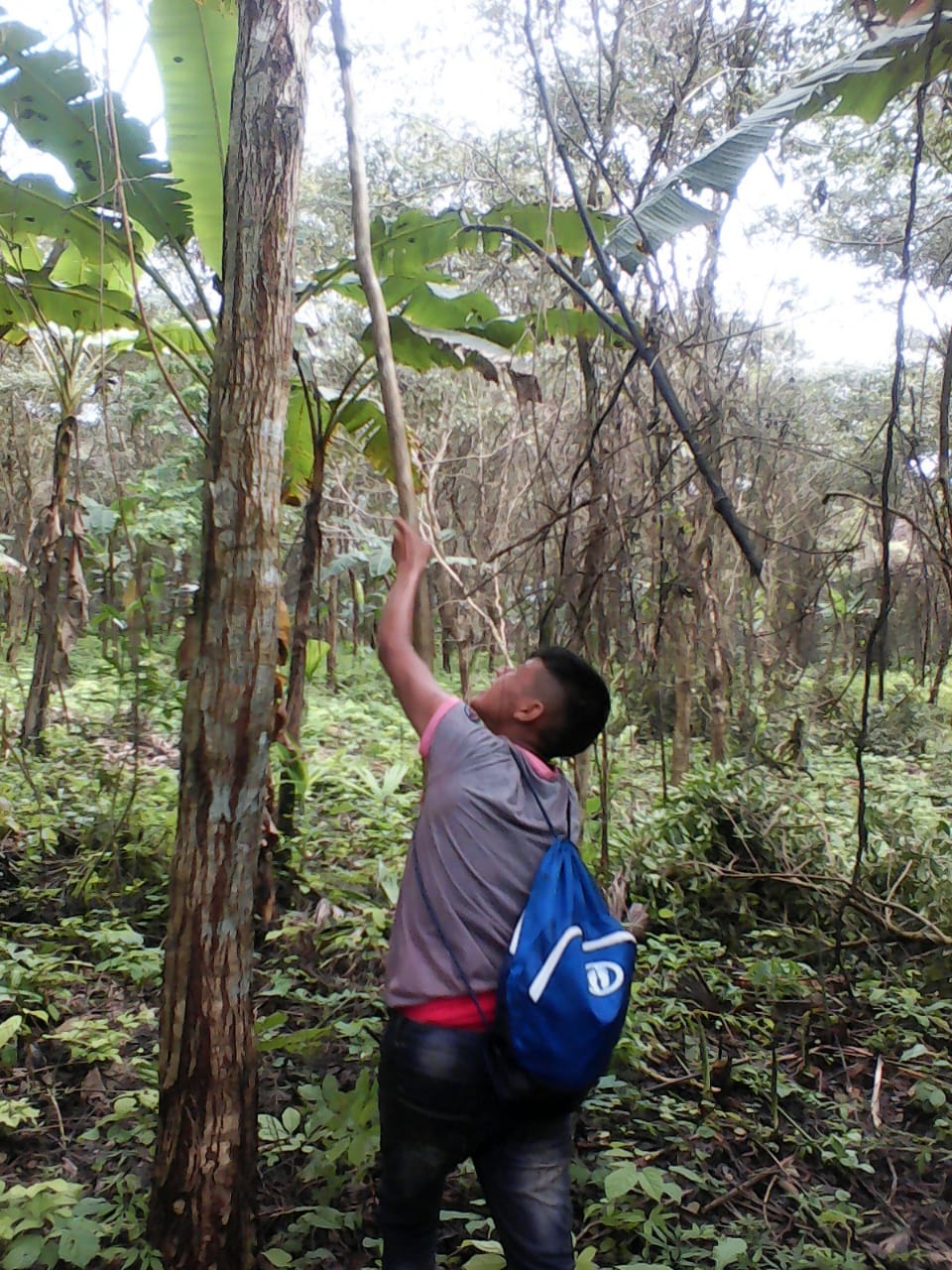 The Guardian UK recently did an article looking at attitudes towards REDD - Reducing Emissions from Deforestation and Degradation - among Panama's indigenous communities. Our partner community Arimae was featured in the post discussing their struggles to keep illegal loggers out of their rainforest reservation.
The Guardian UK recently did an article looking at attitudes towards REDD - Reducing Emissions from Deforestation and Degradation - among Panama's indigenous communities. Our partner community Arimae was featured in the post discussing their struggles to keep illegal loggers out of their rainforest reservation.
Panama's coordinating body of indigenous groups, COONAPIP recently decided to withdraw from applying for a REDD project that would pay them to keep their forests standing. Their withdrawal from the REDD negotiations exposes indigenous groups' concerns about colonization of their land and loss of control of their natural resources.
Indigenous groups in Panama tend to have a different philosophy about land management, preferring to keep more of their reservations forested and only selectively harvest timber. That belief clashes with land-hungry settlers who want to clear land for agriculture or cattle ranching. We see this clearly in Arimae, where illegal loggers encroach into the communities' roughly 8,000 hectare reserve in search of tropical woods and land to raise their crops and cows.
In fact, much of the land lease payments that we've made to Arimae has gone to paying legal fees related to keeping squatters out of their forests. Even though we'd like them to be able to spend that income on community development projects, we recognize the short term need that this capital plays in strengthening control of their land.
But our impact in Arimae goes beyond supporting their legal battles. We've been working with the community for more than six years to introduce agroforestry and activities related to regenerating and sustainably managing their natural resources. In this way we believe that the Panamanian government will recognize that this more sustainable model is also a "productive use" of their land, and one that makes more sense for indigenous communities throughout Panama.
We're not sure whether indigenous groups in Panama will get behind REDD. It has the potential to provide much-needed income to indigenous groups, but also raises concerns about their economic and legal ability to defend their land from settlers. Whatever happens, we will continue partnering with indigenous groups in Panama to expand the economic and environmental promise of sustainable agroforestry.






